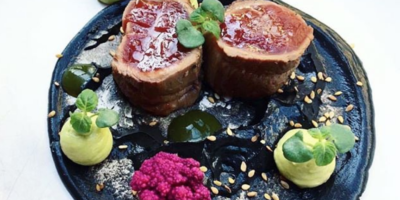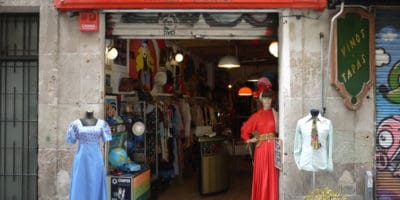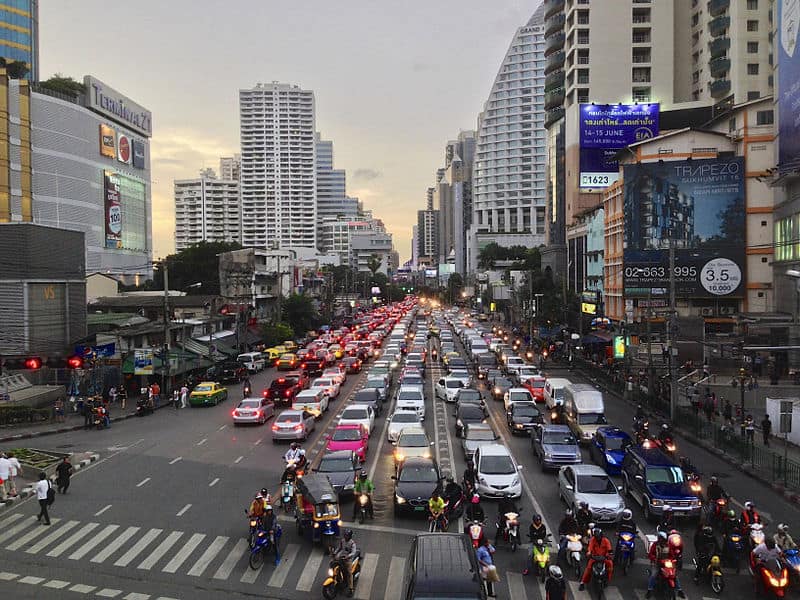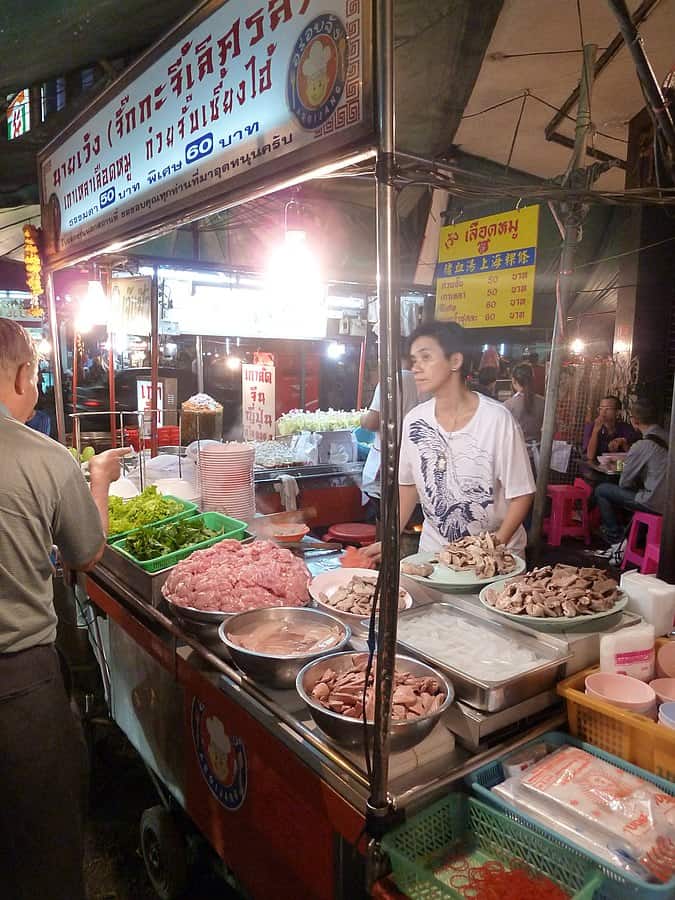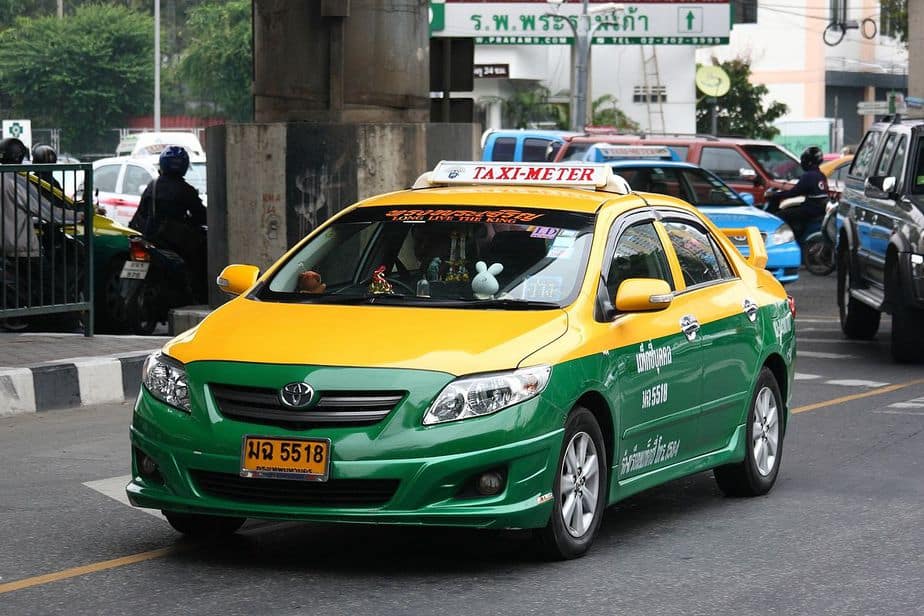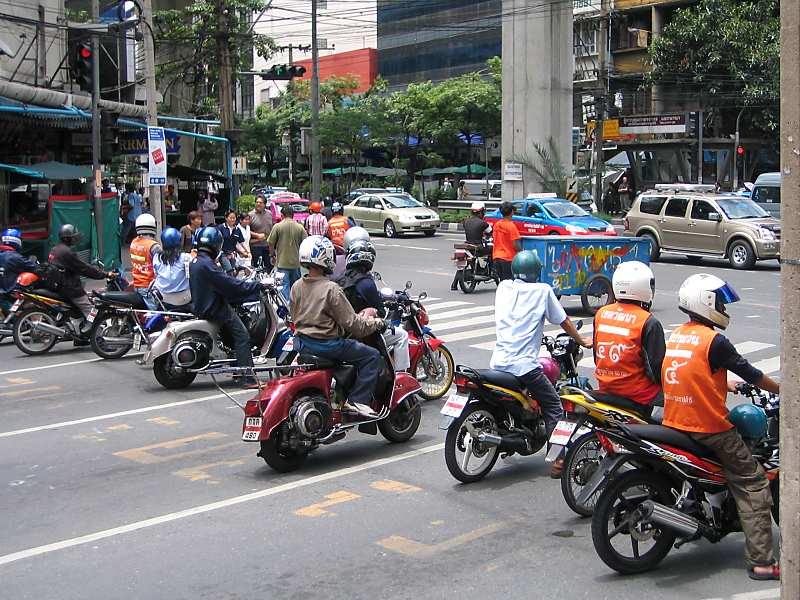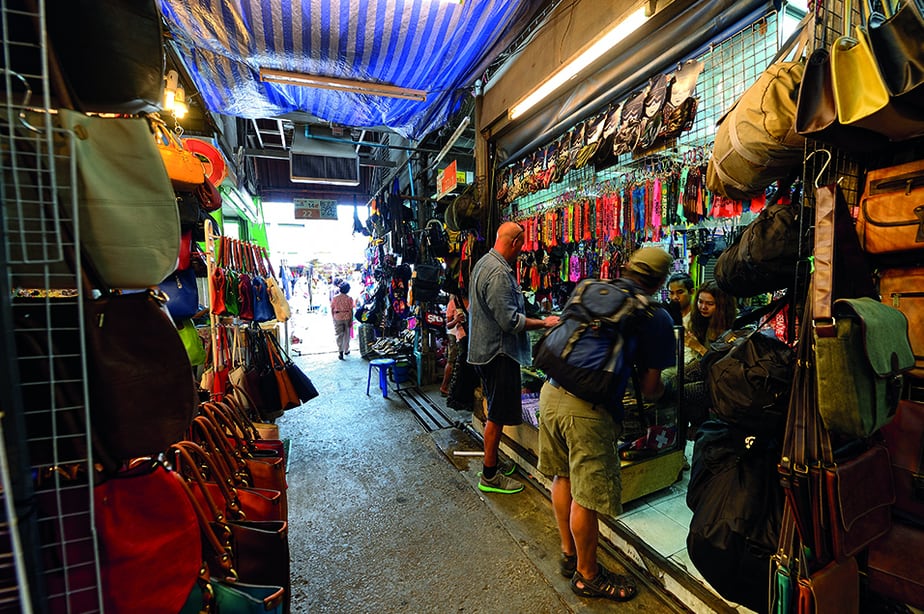The Top Things to Avoid in Bangkok
The capital city of Thailand is one of the most visited places on the planet, and there are endless reasons for this. First-time travellers in Bangkok, however, may find themselves feeling anything from pleasantly surprised to downright shocked or amazed, depending on what avenues of experience they pursue.
And despite repeated reports of scams from taxi and tuk tuk drivers, corrupt policemen, and enticing female (and not-so-female) sweet-talkers, many visitors to the city do sometimes still find themselves on the wrong end of the hospitality that they may be expecting from the thrum of this humid, noisy, and chaotic SE Asian capital.
Thailand itself, and particularly its culture, are unique in many ways, meaning that not everyone is likely to ‘get it’ – particularly on a first visit — and especially in Bangkok. Like any country or capital city, there are likely to be shady corners and downsides that introduce varying degrees of disparity into the experience.
So where does the disparity most likely occur in Bangkok?
Well, on the upside, despite a reputation for being highly chaotic and densely-populated, Bangkok is pretty safe in many ways, particularly when comparing it to other cities of the same size in, say, Europe.
Most of these potential pitfalls that are likely to be encountered in Bangkok are likely to cost time and money (particularly money), and may stem from naivety or pre-conceptions that either don’t sit well with some of the locals or seem to offer an obvious opportunity for exploitation of some sort.
Again, with any visit to an unfamiliar, bustling city, and especially one still considered as ‘developing’, there does tend to be a (sometimes harsh) learning curve, depending on the visitor’s intended or preferred exploits, before being able to lean into a somewhat more comfortable groove. It is no real secret that Bangkok has a long history of fleecing naïve and/or condescending first-time visitors with a wai and a smile.
That said, many travellers do come back to Bangkok again and again once they feel they have got the gist of how things tend to work here – so with that in mind, here are the top things to avoid in Bangkok.
1. Taking a tuk-tuk
So the first 3 items on this ‘things to avoid’ list are related mainly to transportation around the city – and with good reason.
(Almost) the oldest trick in the book is taking passengers on a journey they have no clue about in a place they are unfamiliar with, and charging randomly high prices for the pleasure. Unfortunately tuk-tuk drivers do tend to be the main culprits as far as this particular ploy is concerned, and with that in mind should be avoided at all costs.
There are 2 main types of tuk-tuk driver. One variety is part of the local community, speaks no English, and spends most of his time ferrying locals to and from markets, as well as transporting the occasional small group of monks. This guy is totally harmless and is unlikely to be found in any of the tourist or downtown regions.
The second variety, however, is the one that we are referring to here. He is from the countryside, and has come to the city with the sole intention of making ‘big money’ from ‘farang’ (caucasion tourists) and is generally devious and unreliable.
It may be true that to many visitors to Thailand (especially first-timers) there is a certain degree of novelty in taking a tuk-tuk, but generally most find out the hard way that the driver is out to get what he can by any means necessary, which may include taking the passenger to an altogether different destination than the one required (where he will receive a commission for doing so) and changing his mind about the pre-agreed fair with the excuse that it is further than he thought initially.
Tuk-tuk drivers in city and tourist areas are definitely one of the top ten things to be avoided in Bangkok, and as more and more people use on grab (much safer and more reliable) and other such apps to get around unfamiliar places, it could even be that the days of the scamming tuk-tuk drivers are numbered.
2. Taking taxis
Taxis in Bangkok are so common that everyone (except for locals) assumes that by getting into one they will be taken to their destination without much fuss, and that A. the driver is happy to get the fare amidst so much obvious competition; B. he will have some idea of the destination; C: he is operating a meter; and D: he speaks English (this being a capital city).
Unfortunately, none of the above are a given, and though there are many taxis who will get you to your destination without too many problems, it does pay to be aware that this is not always likely to be the case.
Much to the chagrin of both locals and tourists alike, many Bangkok taxi drivers are somewhat unique in that they are prone to refusing to take passengers. This is largely due to the fact that they think there is too much traffic in that area, or that they won’t make enough from the fare, or that they don’t know the way – or more commonly a combination of all of these factors!
Again if travellers find themselves in city centers or tourist hotspots they should be aware that many of the drivers looking to pick up passengers have many similar traits to the aforementioned tuk-tuk operators.
For anyone insisting on using a taxi, the general rule of thumb should be to make sure the driver is using the meter (it’s actually illegal for taxi drivers to refuse to turn it on but many don’t – this includes those operating from the airport), and also try to establish if he is actually familiar with the destination. (Somewhat bizarrely, many Bangkok Taxi drivers assume that the passenger will give them directions.)
More and more people, including locals, are now opting for GRAB taxis and the slightly more expensive GRAB cars, which obviously make it a lot more difficult to get scammed as the price is set beforehand, along with the ID and rating of the driver. These applications are undoubtedly the best bet when travelling around Bangkok, along with the BTS sky train and MRT subway systems which are easy-to-use and are continuously expanding.
3. Taking a motorbike taxi
Undoubtedly THE most dangerous form of transport in Thailand, with statistics to support the fact, taking a motorbike taxi in Bangkok is definitely to be avoided at all costs.
With somewhere in the region of 40 deaths per day in the form of motorcycle accidents, Thailand maintains its reputation as having one of the highest rates of death on the road in the world (for both bikes and other forms of transport).
Commonly known as ‘wing mo-cy’ among locals (motorcycle ‘runners’), these guys are, unlike car taxis, out to do as much ‘running’ as they can in order to increase the number of fares and hence funds that they are able to collect in a day.
Motorcycle taxis are identified by their (usually) orange ‘vests’ which have their number on them, and are found on pretty much every street corner and at regular intervals along main roads in groups.
They tend to be cheap, fast, and completely oblivious to any ‘rules’ of the road such as signs, markings, one-way systems or traffic lights, and will even quite commonly drive on the path if necessary.
Again, guys do often seem like something of a novelty for many first-timers, but they are also prone to making up fare prices where foreigners are concerned, and if used late at night it is not uncommon to smell alcohol on them. Motorcycle taxis are not for the faint-hearted, and are definitely another thing in Bangkok to be avoided!
4. Bargaining inappropriately
One of the many things that visitors to Bangkok often love is the fact that you are expected to bargain. This practice stems largely from the fact that in Asian culture it is considered a fine art, with nothing being ‘fixed’ as such – paving the way for a degree of ‘flexibility’ as far as sellers are concerned.
However, first-timers to Bangkok sometimes make the mistake of bargaining in what could be considered an offensive way (i.e. going ‘too low’, to the point where it seems insulting) or just bargaining when in fact it is not the thing to do (like in a taxi, tuk-tuk, restaurant or department store)
Bargaining is usually the reserve of markets, so a general rule of thumb would be to decide roughly how much you would pay for an item before any haggling. Whatever price is offered initially, it is reasonable to start bargaining at around half of that (although not all sellers will take too kindly to this) and negotiate from there.
Obviously all the usual tricks methods can be applied such as comparisons with other shops, acting disinterested, and the ‘crunch’ one — walking away. One of the best market/mall areas to visit in Bangkok with the intention of bargaining for the best prices is ‘Patunam’, just past the city centre Siam.
5. Tours and organised sightseeing
Anyone who has been to Bangkok on various occasions will likely have figured that finding your own way around is not only the best way to experience the city, but also the best way to avoid being fleeced on transportation fares, meal prices, and entrance fees.
Unfortunately, for those who don’t know better, Bangkok will always be a place for them to find touts feeding misinformation about tourist destinations and entrance fees. This could include being told that popular tourist spots are closed and being offered an alternative tour instead.
The boxing stadiums are other popular hangouts for any potentially ‘dodgy’ touts, who often offer ‘special’ tickets that turn out to be either fake, or more expensive than the ones sold at the venue.
There are a number of legitimate options available, like taking a cycling tour which is a guided tour of Bangkok’s old town, and offers a refreshing perspective on the city and culture. But as far as destinations go (and these include ones outside of the city like safari or water parks) it is simply better to organise your own trip by checking websites, entrance fees, and transportation options which again may boil down to a GRAB car.
Although The Tourism Authority of Thailand (TAT) is a governmental organisation with no agents, it is not uncommon to find travel and ticket agencies advertising themselves as TAT centres. This is simply not the case, and these places should be avoided completely.
In the age of modern technology it is now not that difficult to get a handle on things ‘as-they-are’, in real-time, which enables tourists and travellers to ‘cut out the middleman’, so to speak, which is often the best bet in Thailand as long as any relevant homework has first been done.
6. Smoking in the wrong places
Any smokers travelling to Bangkok for the first time need to be aware of the one thing to avoid doing in Bangkok — smoking in the ‘wrong’ places!
Anyone should be aware by now of the long-running scam that is operated (only) in city centre areas where there are likely to be tourists and foreigners. This is basically run by ‘policemen’ (they are not – they just wear similar-looking uniforms) who are situated along main roads at various intervals, with walkie-talkies, solely on the lookout for unwitting smokers who flick their discarded cigarettes in to the road or drop them on the path.
(There are no ashtrays to be found in these areas as, along with bins, they have been purposefully removed to facilitate more fines — which go directly into the pockets of the collectors.)
The unsuspecting smokers will then be approached by one of the ‘guards’ while his buddy who was secreted further down the road, obscured from view, proceeds to collect the ‘evidence’ from the road, and a sign (in English and a variety of other languages) is presented stating that it is an offence to litter the Kingdom of Thailand and a maximum fine of 10,000 baht must be paid, which is (obviously) somewhat negotiable.
Meanwhile it is not surprising to see locals walking by dropping cigarette ends, drinks containers, bottles, and just about anything else that they wish to discard – welcome to Thailand!
Always look for approved smoking areas and take extra care when extinguishing and discarding cigarettes, especially in tourist zones.
Planning a trip to Paris ? Get ready !
These are Amazon’s best-selling travel products that you may need for coming to Paris.
Bookstore
- The best travel book : Rick Steves – Paris 2023 – Learn more here
- Fodor’s Paris 2024 – Learn more here
Travel Gear
- Venture Pal Lightweight Backpack – Learn more here
- Samsonite Winfield 2 28″ Luggage – Learn more here
- Swig Savvy’s Stainless Steel Insulated Water Bottle – Learn more here
Check Amazon’s best-seller list for the most popular travel accessories. We sometimes read this list just to find out what new travel products people are buying.


